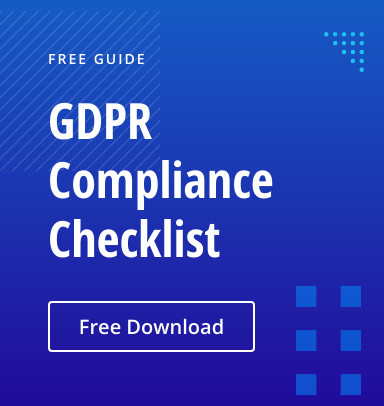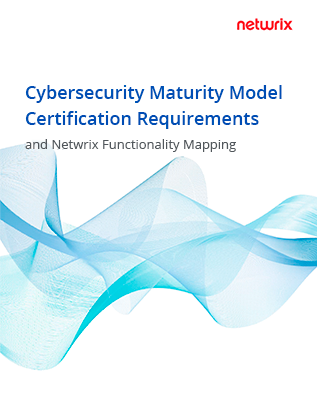Personal information (PI) is the future of business because it helps provide customers with a customized experience that leads them to buy more. However, companies can no longer collect personal data without restraint, given the growing wave of consumer rights advocacy and privacy regulations such as the CCPA, the GDPR and proposed U.S. federal privacy laws.
Privacy legislation, with its strict requirements and enormous penalties, is often seen as a big stumbling block for business, but I perceive it as a huge enabler. Here are five ways that privacy regulations can help boost your business.
Benefit #1: Optimize business processes
Privacy regulations require greater transparency around data collection. For example, the CCPA requires businesses to disclose to individuals the “categories and specific pieces of personal information the business has collected” about them. To comply with these requirements, companies need to thoroughly audit all data they have, so they can understand what kind of information they store and why.
This is a brilliant opportunity to ask yourself questions like, “Why do we collect this data?”, “Do we use it efficiently?” and “How else can we use it?” Getting a deeper understanding of data flows will provide more visibility into your business processes and help you optimize them or find new ways of leveraging the data you have gathered (for example, by providing more personalized experiences).
Benefit #2: Improve data management and achieve cost efficiencies
Another question to ask yourself after auditing your data is, “Do we really need all this data?” Most likely, you don’t need it all. Thus, regular audits for the sake of compliance will actually enable your company to prune out unnecessary data, such as redundant, obsolete and trivial (ROT) files, that have no value to your business. By cleaning up repositories, you can slash costs on data management and storage, get more predictable bills if you store data in the cloud, and allocate your budget more wisely.
Benefit #3: Create a global knowledge base for employees
Privacy laws, especially the CCPA and the GDPR, grant consumers certain types of control over the data that businesses hold on them, such as the right to view the data and the right to be forgotten. To handle these requests efficiently, you need to be able to quickly find the relevant data, which requires ensuring your repositories are well organized and making the data globally indexed and searchable. And achieving that usually requires investing in technologies such as data classification and enterprise search software.
However, it wouldn’t be cost efficient to spend time and money licensing and deploying this technology just to satisfy data subject requests once in a while. That would be buying a Porsche just to drive your children to school down the block. Instead, you can use the tools to reorganize and index not just consumers’ PI, but all the data you have, or at least all the data that business employees might need. This way, your company will improve its corporate memory. Moreover, employees will be able to more efficiently find the data they need, so they won’t miss business opportunities and will keep contributing to the company’s long-term growth.
Benefit #4: Earn loyalty and trust
Another way to benefit from privacy legislation is to step up and voluntarily extend privacy requirements to all of your clients, not just those who are protected by the CCPA (California consumers), the GDPR (EU residents) or other standards. By meeting customer demands for data privacy globally, your business will create a stronger bond between your brand and clients that will give you a competitive advantage and help stand from the competition.
For example, you can eliminate annoying formal statements and cookie notifications that clients must assent to. Instead, show that you are eager to provide them with a clear privacy policy statement that explains how they can benefit from entrusting their PI to you and the measures you take to secure it. After all, when people are becoming increasingly suspicious about their privacy, the best response is to be honest and straightforward.
Benefit #5: Revamp your security strategy
The cost of data breaches and business downtime due to theft or loss of critical data continues to grow. Another benefit of privacy legislation is that it drives companies to overhaul their security policies. Indeed, it is almost impossible to protect regulated data only and leave the rest of IT infrastructure out of scope. Therefore, your company will have no chance but establish stricter control over activity across the entire IT environment, initiate solid data protection workflows and better understand IT risks. In the long run, that will help you reduce the risk of security incidents and business disruptions.
Conclusion
There’s no doubt that achieving compliance with data privacy laws is stressful and resource-intensive, but don’t be shortsighted. Adhering to data privacy standards is more than marking a checkbox — it is a way to greatly boost your business, stay ahead of the competition, and be a leader in meeting the global demand for corporate respect for human privacy.



